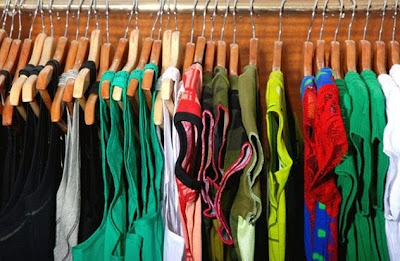Charity Destroys Lives
By its very definition, charity is selfless. Whether it’s dropping a few pennies in a collection box or shipping our old T-shirts off to Africa, a spot of charity is a quick and easy way to net some karma. At least it would be if it didn’t usually harm the very people we’re trying to help.
Take our practice of sending old clothes to Africa. Objectively, it makes sense: People living on under a dollar a day probably don’t have much of a clothing budget, so why not redistribute the stuff we’re not using? In fact, it makes so much sense that millions of us pack and ship off our novelty Christmas jumpers every year - resulting in the complete collapse of the African textile industry. Think about it: If you flood a market with free goods, you’ll bankrupt the traders and manufacturers trying to sell them. And that’s exactly what’s happened here. Across the continent, whole communities have lost their livelihoods in exchange for your old Slayer T-shirts.
<script async src="https://pagead2.googlesyndication.com/pagead/js/adsbygoogle.js?client=ca-pub-1302790717304640"
crossorigin="anonymous"></script>
And it doesn’t stop with clothing. In Ethiopia, a recent splurge of giving for rural regeneration projects has led to a drop in the infant mortality rate. This is good on the surface, but because of the increase in population, it’s devastating local resources and significantly lowering the quality of life for everyone, pushing yet more people into disease-ridden slums. It’s a vicious cycle, and one that our method of blind giving is doing little to alleviate.



Comments
Post a Comment